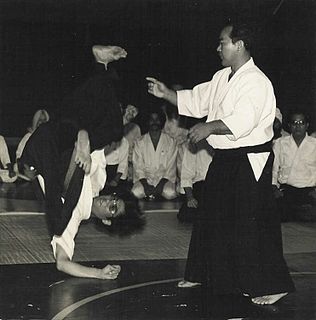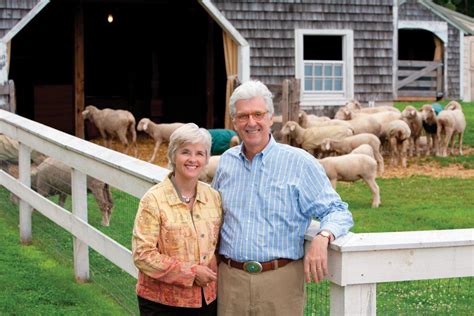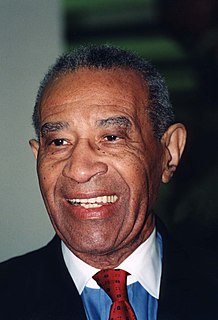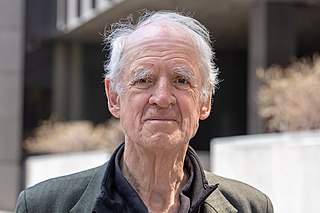A Quote by M. Russell Ballard
There are conversations going on about the Church constantly. Those conversations will continue whether or not we choose to participate in them. But we cannot stand on the sidelines while others, including our critics, attempt to define what our Church teaches... We are living in a world saturated with all kinds of voices. Perhaps now, more than ever, we have a major responsibility as Latter-day Saints to define ourselves, instead of letting others define us.
Quote Topics
About
All Kinds
Attempt
Cannot
Choose
Church
Constantly
Continue
Conversations
Critics
Day
Define
Ever
Going
Including
Instead
Kinds
Latter
Letting
Living
Major
More
Now
Others
Our
Ourselves
Participate
Perhaps
Responsibility
Saints
Saturated
Sidelines
Stand
Teaches
Than
Them
Those
Us
Voices
We Cannot
Whether
While
Will
World
Related Quotes
The question of what we are can only be answered by ourselves. We each decide what we are by the life choices we make. How we were made, who are parents are, where we are from, the color of our skin, who we choose to love, all those things do not define us. Our actions define us, and will keep defining us until even after death.
Anger is a tool for change when it challenges us to become more of an expert on the self and less of an expert on others. . . .If, however, we do not use our anger to define ourselves clearly in every important relationship we are in--and manage our feelings as they arise--no one else will assume this responsibility for us.
In at least one country where homosexual activists have won major concessions, we have even seen a church pastor threatened with prison for preaching from the pulpit that homosexual behavior is sinful. Given these trends, The Church of Jesus Christ of Latter-day Saints must take a stand on doctrine and principle. This is more than a social issue - ultimately it may be a test of our most basic religious freedoms to teach what we know our Father in Heaven wants us to teach.
Countless people have attempted to define the absolute power of the world of nature. Some praise it as god, some call it the Buddha, others call it truth. Still others convert nature into a philosophy by which they attempt to sound its deepest truth. Such attempts to define the power of nature are no more than striving to escape its effects.
Counting the numbers of troops is not going to define our success here.There is no military success, ultimately, to Afghanistan. The Afghans themselves are going to define what happens here. And we have to convince ourselves that we have a strategy in place that empowers them to do that and that is realistic in what our expectations are from them and on what schedule.
At a time when many churches throughout the world are experiencing significant decreases in numbers, The Church of Jesus Christ of Latter-day Saints - though small in comparison with many others - is one of the fastest growing churches in the world. As of September 2013, the Church has more than 15 million members around the world.
We all have different desires and needs, but if we don't discover what we want from ourselves and what we stand for, we will live passively and unfulfilled. Sooner or later, we are all asked to compromise ourselves and the things we care about. We define ourselves by our actions. With each decision, we tell ourselves and the world who we are. Think about what you want out of this life, and recognize that there are many kinds of success.
We define our identity always in dialogue with, sometimes in struggle against, the things our significant others want to see in us. Even after we outgrow some of these others—our parents, for instance—and they disappear from our lives, the conversation with them continues within us as long as we live.
We declare our belief in Jesus Christ and accept Him as our Savior. He will bless us and guide us in all of our efforts. As we labor here in mortality, He will strengthen us and bring us peace in time of trials. Members of The Church of Jesus Christ of Latter-day Saints walk by faith in Him whose Church it is.






































